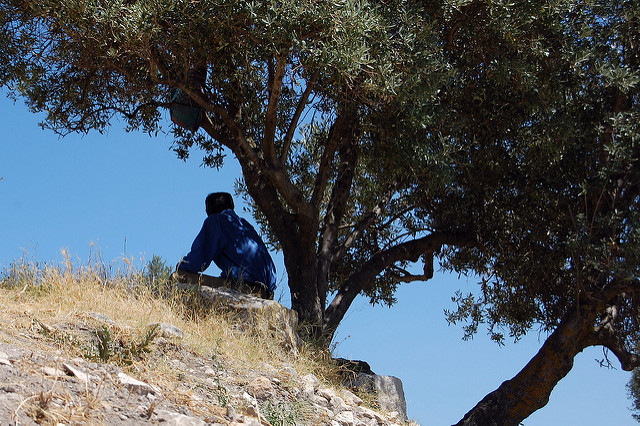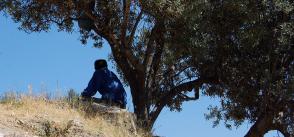
Tunisia: land of the olive tree
An Olive Oil Times reporter traveled to Tunisia to better understand this nation’s olive oil and learn about efforts to increase exports, which was the focus of the second edition of the Olive Festival of Sfax.
In the heart of the labyrinthine Kasbah of this bustling North African port city, there’s a revered mosque called Al-Zaytuna. It’s a place of historical weight and famed as the Great Mosque because so many Islamic philosophers, jurists and poets walked, prayed and learned here.
"In our Bible, the Koran, it says olive oil will cure 99 things. But it does not say it will cure all 100. Why? Because olive oil cannot cure death. It cannot bring you back to life."
(A Taxi Driver in Tunis)
Most telling, in Arabic, zaytuna means olive tree — and so, just as this famous mosque called “the olive tree” lies at the core of Tunisia’s history and life, the olive tree is rooted at the center of this nation of 11 million people.
Olives — and in particular olive oil — are Tunisia’s unique and, oddly, unknown treasure.
An Olive Oil Times reporter went to Tunisia to better understand this nation’s olive oil and learn about its efforts to increase its exports, which was the focus of the second edition of the Olive Festival of Sfax, an international event that took place at the end of January.
“We use it for cooking, for salads, for everything,” said Adel Ben Ali, a friendly and warm-smiled vendor in the Marché Central, a large covered market in Tunis where fresh produce of every color and taste is sold with great gusto and flare.
[Photo by Simon Blackley | Flickr]







